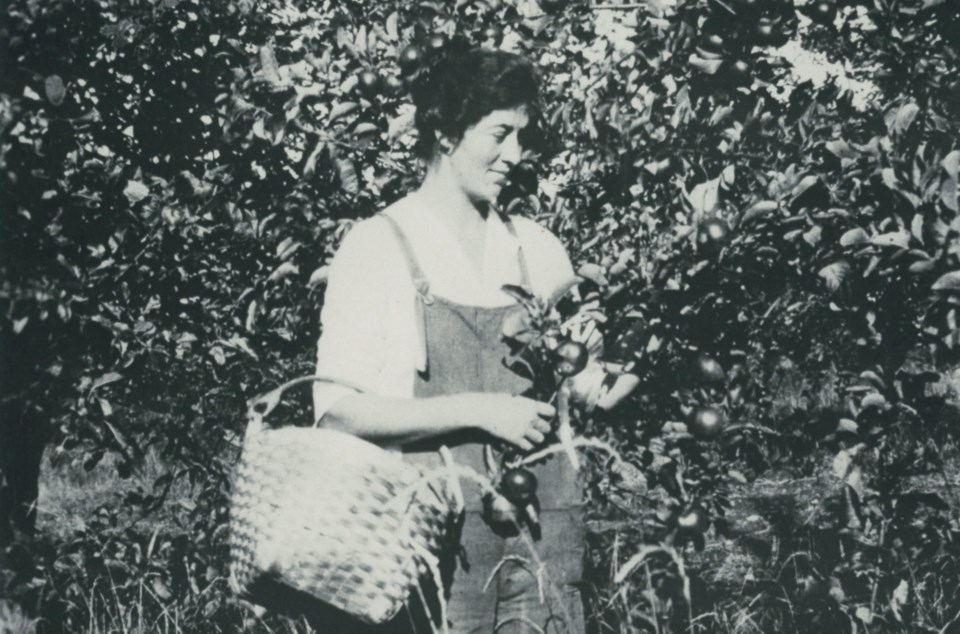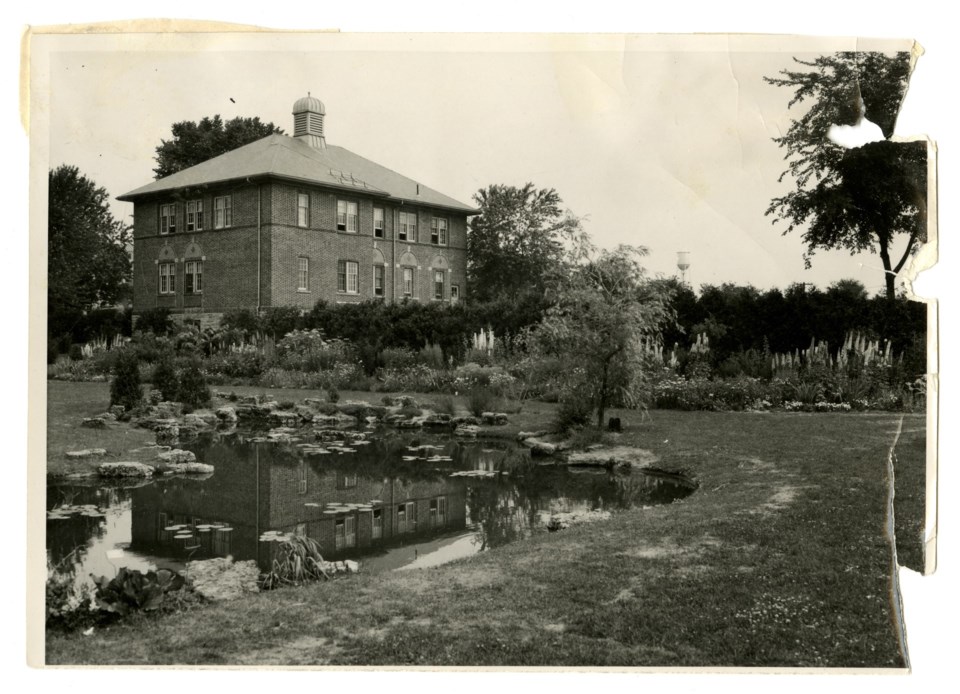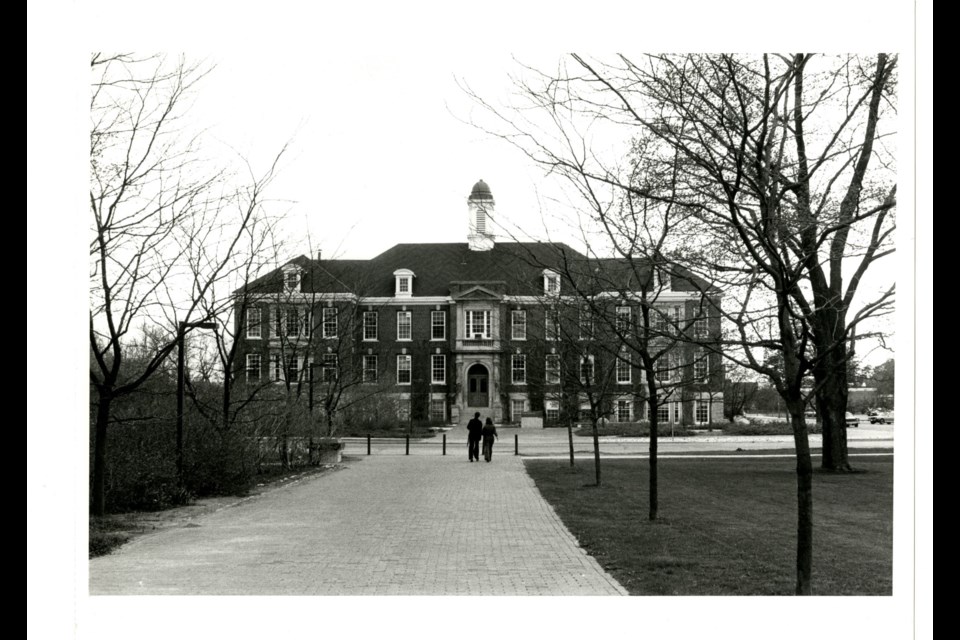The Ontario Agricultural College is having a moment.
The college kicked off its 150th anniversary today to celebrate the long and rich history of the college.
The OAC opened May 1, 1874 and is one of the three founding colleges of the University of Guelph.
“Our college is fundamentally about the people who are here now, who have been here over 150 years and who will be here in 150 years,” said John Cranfield, acting dean of the OAC, in an interview.
It's great to see the university recognize the history and origins of where we came from in agriculture, he said.
About 200 people gathered at the university's Summerlee Science Complex to socialize and start the celebrations for the 150th year.
“This is OAC’s moment,” said Cranfield in his remarks while he held back tears.

He spoke about how proud he is of the college and everyone past and present who made the college what it is today. He pinches himself everyday because he can’t believe how lucky he is to work at a place like this.
“How did someone who almost flunked out of first-year end up sitting in the dean's office in OAC?” he said.
“I think it's a testament to some things that make OAC great and one of them is resilience and hard work.”
The OAC’s first graduating class was only 28 students. It’s since grown to about 3,300 students.
Some notable graduates are people like Susannah Chase who was the first woman to graduate with a bachelor of arts and sciences degree in 1921. Joseph Vignale was the first student of colour and he graduated in 1923.
Its original name was the Ontario School of Agriculture and Experimental Farm but was changed to OAC in 1880.
With such a long history there are still some things that surprise alumnus Jordan Terpstra, the OAC 150th project coordinator.

“I think there's just a lot of examples of food, agriculture innovation, such as, like different soil testing techniques that were actually developed here, and are still the standard today,” said Terpstra.
In 1946, the first international students were welcomed on campus. They were students from India who came to OAC to learn about animal husbandry, beekeeping and soil biology.
Part of the celebration on Wednesday was the launch of the official OAC 150 ice cream flavour called Heart and Stone. It’s a honey, peaches and cream ice cream with honey from the Honey Bee Research Centre.
The flavour is inspired by the Stone family farm. The land on the farm was sold to establish the college.
Years later the U of G was established on May 8, 1964.
The U of G has an ice cream course and its the longest continuously run course at the university, said on the U of G website.
The OAC was the originator of the process of cream honey, said Cranfield. The Honey Bee Research Centre was established in 1894 and is a “really important part of who we are as a college,” he said.
The university will continue to celebrate the 150th anniversary for the next eight months. The OAC Alumni Association will have its 2024 annual general meeting on May 14. There will be a celebratory dinner for alumni reunion weekend on June 22. In August, Terpstra plans to host historical tours that will be open to the public, about U of G buildings that have connections to OAC.
To learn more about upcoming OAC events and history of the college visit the website.
